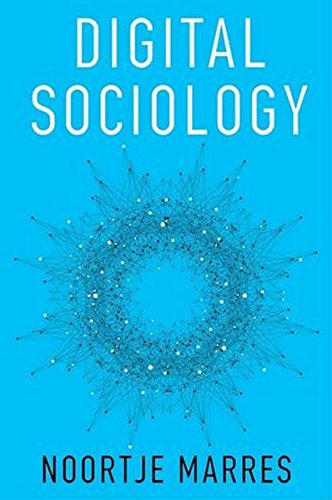

Most ebook files are in PDF format, so you can easily read them using various software such as Foxit Reader or directly on the Google Chrome browser.
Some ebook files are released by publishers in other formats such as .awz, .mobi, .epub, .fb2, etc. You may need to install specific software to read these formats on mobile/PC, such as Calibre.
Please read the tutorial at this link: https://ebookbell.com/faq
We offer FREE conversion to the popular formats you request; however, this may take some time. Therefore, right after payment, please email us, and we will try to provide the service as quickly as possible.
For some exceptional file formats or broken links (if any), please refrain from opening any disputes. Instead, email us first, and we will try to assist within a maximum of 6 hours.
EbookBell Team

4.7
26 reviewsThis provocative new introduction to the field of digital sociology offers a critical overview of interdisciplinary debates about new ways of knowing society that are emerging today at the interface of computing, media, social research and social life.
Digital Sociology introduces key concepts, methods and understandings that currently inform the development of specifically digital forms of social enquiry. Marres assesses the relevance and usefulness of digital methods, data and techniques for the study of sociological phenomena and evaluates the major claim that computation makes possible a new ‘science of society’. As Marres argues, the digital does much more than inspire innovation in social research: it forces us to engage anew with fundamental sociological questions. We must learn to appreciate that the digital has the capacity to throw into crisis existing knowledge frameworks and is likely to reconfigure wider relations.
This timely engagement with a key transformation of our age will be indispensable reading for undergraduate and graduate students taking courses in digital sociology, digital media, computing and society.